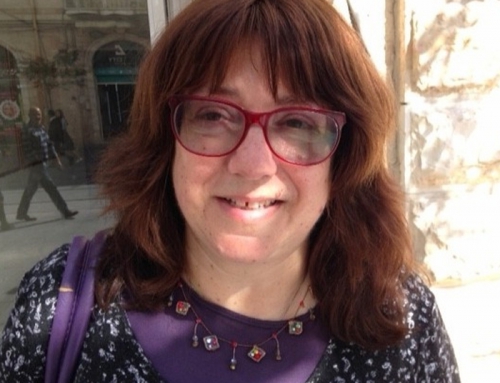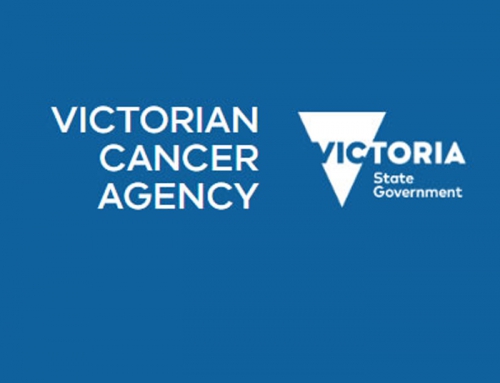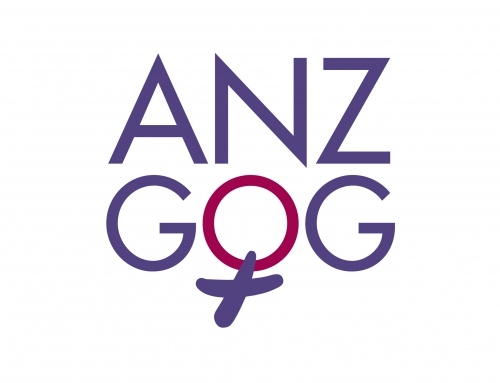Principal Investigator Professor Sandi Hayes comments on ECHO, the first ever exercise intervention clinical trial run by ANZGOG.

Prof Sandi Hayes, ECHO PI
It has been an exciting, productive past 18 months in the exercise oncology space worldwide. In early 2018 the World Cancer Research Fund and American Institute for Cancer Research released their Third Expert Report on Diet, Nutrition, Physical Activity and Cancer: a Global Perspective, and later that same year, the Clinical Oncology Society of Australia published its first statement on exercise in Cancer Care. Early this year, the Exercise and Sports Science Australia Association published its updated exercise prescription guidelines for people with cancer, and due out in the next few months will be three publications on physical activity and exercise in cancer as a consequence of the 2018 American College of Sports Medicine Roundtable on physical activity and exercise in cancer. All recommendations in these publications and reports are in response to the overwhelming evidence base that supports beneficial effects to cancer survivors through physical activity and exercise. However, also recognised in these reports is that the applicability of these guidelines to understudied cancer cohorts, including women with gynaecological cancer is unclear, and that until there is high quality evidence from clinical trials that support exercise improves survival outcomes and is cost-effective, translation of evidence into clinical care will continue to be limited.
The ECHO trial represents one of only four ongoing trials worldwide that are specifically designed to address these evidence gaps. It is designed to evaluate the role of exercise during chemotherapy for ovarian cancer on survival, function and quality of life. Once completed, we will know to what extent women may benefit from exercise following diagnosis with ovarian cancer, and what exercise treatment should look like (that is, what women should do, how and when). ECHO also represents a unique trial for ANZGOG – due to the type and nature of the treatment being evaluated it is unlike more traditional ANZGOG drug and surgical trials. Nonetheless, it adheres to the same strict clinical trial guidelines which ultimately will ensure that ECHO findings will have the potential to influence clinical practice first and foremost for Australian women, but may also influence future gynaecological care worldwide.










